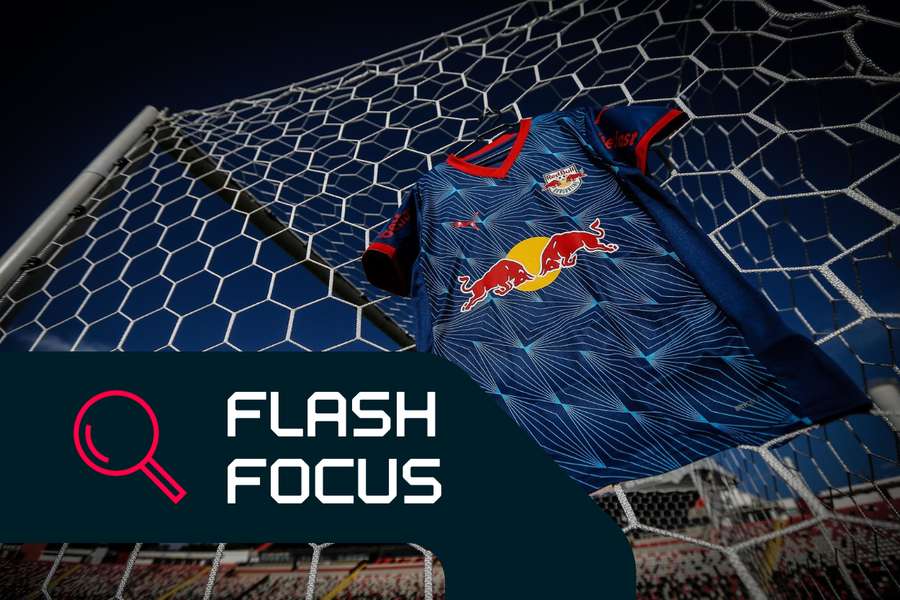Red Bull was already in Brazil even before it landed in Braganca Paulista. The Austrian company ran Red Bull Brasil, a club focused on training athletes, which was founded in November 2007.
Check out the Brasileiro Serie A table on Flashscore.
The plan in Braganca Paulista was similar to the strategic development promoted in cities where the company already had football clubs, such as New York in the United States and Salzburg in Austria.
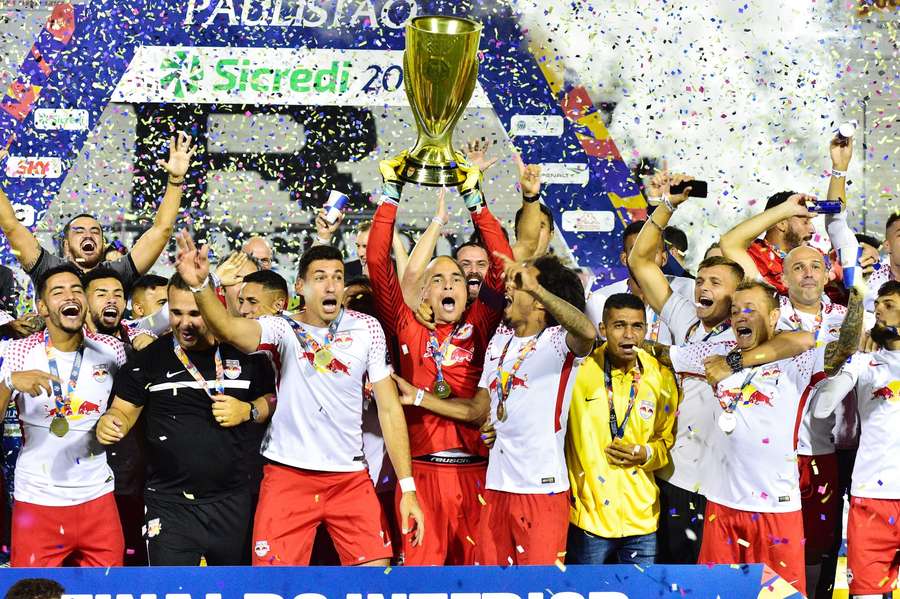
One of the greatest achievements of the Red Bull Brasil era was reaching the elite Paulista in 2015, finishing second in Group A and progressing to the quarter-finals, where they fell to Sao Paulo. The following year, the team repeated the feat, also being eliminated in the quarter-finals by Corinthians.
Despite a certain degree of success in local football, Red Bull Brasil were unable to replicate their impact on the national stage, falling in the first round both times they played in Serie D, the fourth division of Brazilian football, as well as being eliminated in the initial stage of the Copa do Brasil.
A change of direction was then needed in the project and Bragantino became the club to represent this new chapter in the company's history on Brazilian soil.
Braganca Paulista chosen by Red Bull
Founded in 1928, Bragantino have recorded important achievements in Sao Paulo and national football.
One of their greatest moments came in 1990, when they became Sao Paulo champions by beating Novorizontino in what was dubbed the "Caipira Final", as it pitted two teams from the countryside against each other in a final of the Sao Paulo elite, beating giants Corinthians, Sao Paulo, Palmeiras and Santos.
That was the first big job for Vanderlei Luxemburgo, one of the most successful coaches in the history of Brazilian football, who joined Real Madrid in 2004/05.
The Massa Bruta, as they are nicknamed, had players in their squad who would go on to play for the Brazilian national team, such as Mazinho, Gil Baiano, Sílvio, as well as Mauro Silva, who won the 1994 World Cup.
Bragantino finished Paulista 1990 with 18 wins, 12 draws and just seven defeats in 37 games.
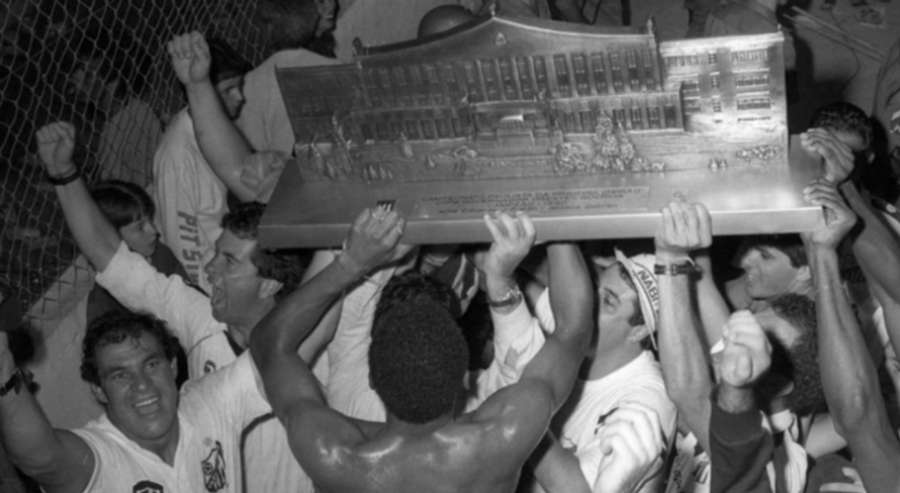
The Bragantino team of that season played against the big names in Sao Paulo eight times, losing only to Santos. That same year, the Massa Bruta made their first appearance in the elite of Brazilian football, finishing eighth in the league.
The following campaign, under the leadership of another significant figure in Brazilian football, none other than Carlos Alberto Parreira, Bragantino reached the final of the Campeonato Brasileiro, seeing off Fluminense in front of a packed Maracana and only falling to Sao Paulo in the final.
From Bragantino, Parreira went on to coach the Brazilian national team, leading the country to the World Cup title in 1994 in the United States. Meanwhile, the Alvinegro team from the heart of Sao Paulo continued its journey upwards, competing for the first time in an international competition: the CONMEBOL Cup.
However, from 1995 onwards, Bragantino went through some difficult times, starting with relegation to the Serie A2 of Sao Paulo football. The flirtation with relegation to the elite of the Brazilian Championship, which could have come in 1996, was then confirmed in 1998.
It was 22 years before Bragantino returned to the national Serie A. This was undoubtedly linked to the start of the project set up by Red Bull.
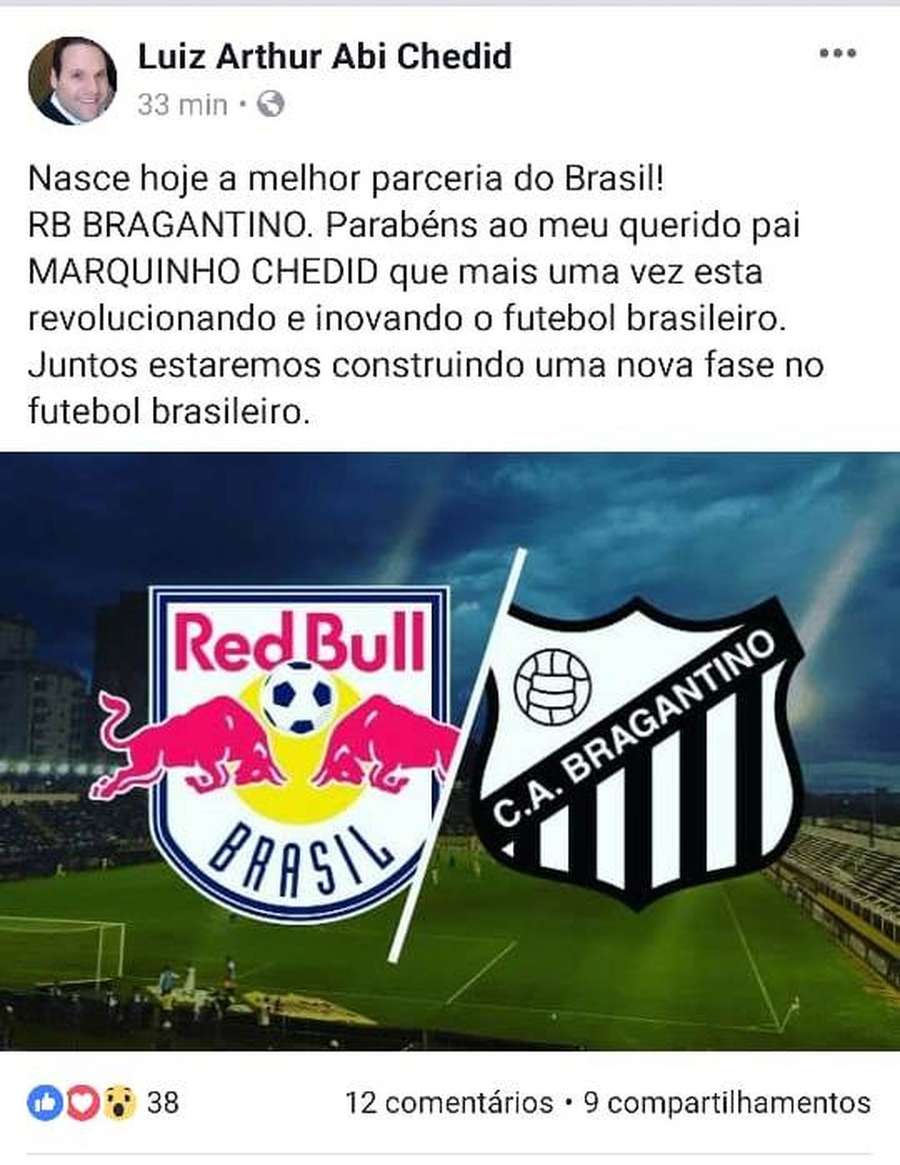
The Austrian company arrived at the club in 2019, a year that began full of hope for the Massa Bruta fans. After all, the team had won promotion to the Serie B of the Brasileiro the previous season. But Bragantino narrowly avoided relegation again in Paulista 2019, escaping relegation in a last-ditch effort.
In that same month of March 2019, the relief at staying up became immediate hope for better days with the announcement of the arrival of Red Bull.
The partnership provided an investment of around R$45 million to fight for promotion to Serie A, as well as proposing improvements to the Nabi Abi Chedid Stadium and other club properties.
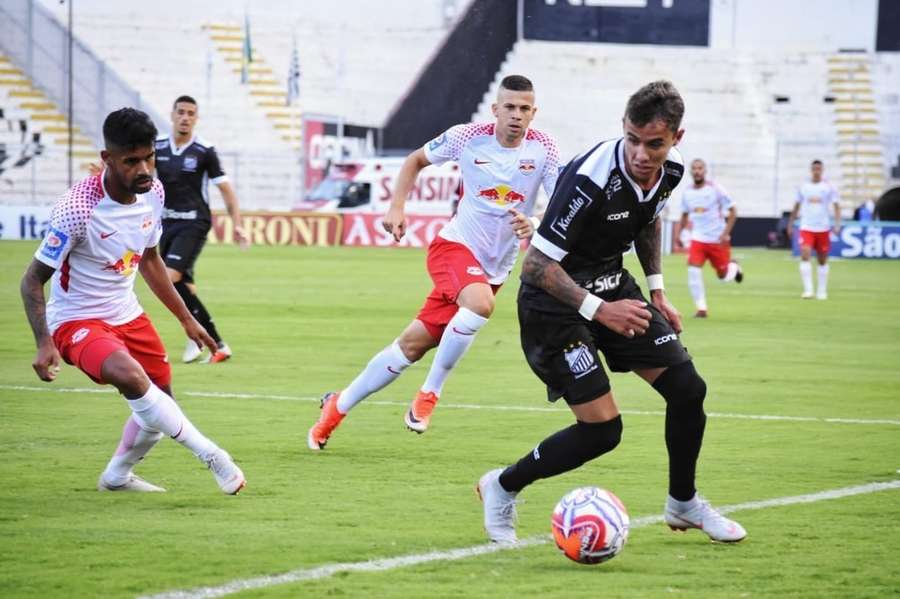
As was pointed out at the time, Red Bull Brasil were under pressure from the Austrian company to make it into the elite of Brazilian football. However, the club didn't even play in any division of the Brazilian Championship in 2019.
Bragantino, who were returning to Serie B, were the ideal destination to realise this goal. The Austrian franchise had previously tried to buy Oeste for R$45 million, but the negotiations did not go ahead.
Without fanfare, the work was rewarded
Unlike some of the clubs they manage in European football, especially Leipzig, Red Bull found Bragantino to be a quiet place, with no pressure from the fans and no in-depth criticism of the change in status.
Since it was now a club managed by a company, there was no major demand for short-term titles and there was also the possibility of changing the colours of the kit and even the badge, which in fact happened.
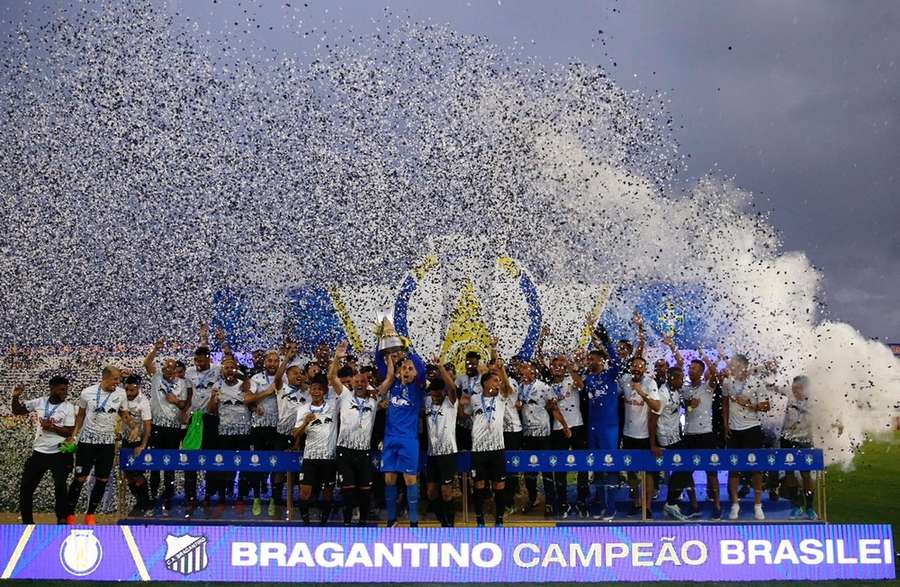
In the very first year, in 2019, Bragantino claimed the Serie B title and secured their long-awaited return to the top flight of Brazilian football, something that had been targeted by the Austrian company. It was the leap in quality that the project needed to establish itself in the country.
With a long-term project, a high level of investment in the grassroots and, later, closing down Red Bull Brasil once and for all, the Austrians injected more than R$100 million in reinforcements in the first two years at Bragantino alone.
They also made fundamental improvements to the team's infrastructure, with the CT in Jarinu and renovations to the Nabi Abi Chedid Stadium.
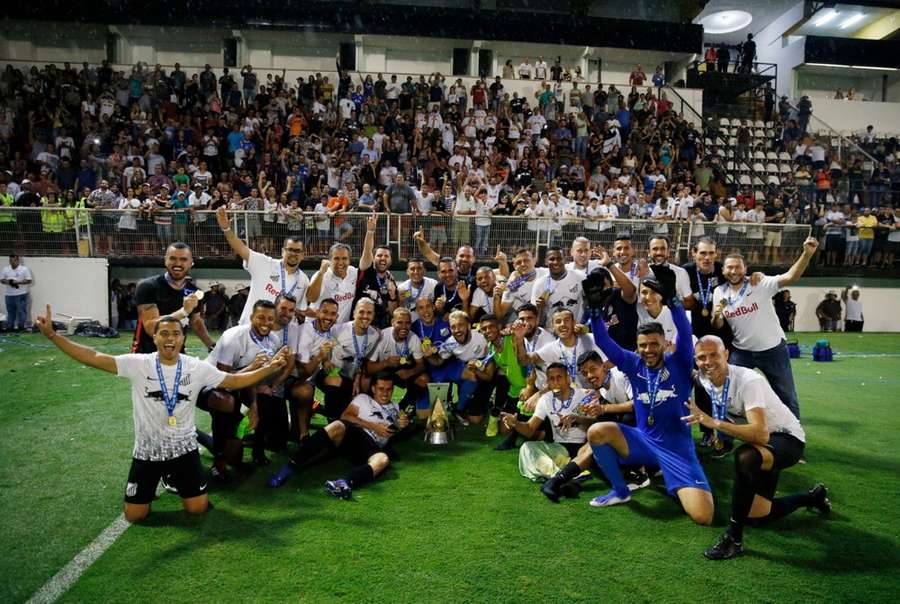
In 2021, reaping the rewards of this quick progress, Massa Bruta reached the first international final in their history, when they lost 1-0 to Athletico-PR in the Copa Sudamericana final.
"Red Bull is an unprecedented project. Bragantino was a club that had been working organically and decided to 'buy' a place from Serie B to Serie A. In other words, Red Bull invested in Bragantino in order to gain momentum to gain access. And in the elite, it's only getting bigger," explains Amir Somoggi, founding partner of Sports Value, a company specialising in sports marketing, club management and valuation, in an interview with Flashscore.
"In the Serie A of the Brasileirao, even though the costs are higher, you also gain from television, the contracts are growing year on year and you grow in visibility. Playing against clubs like Flamengo and Corinthians made the Red Bull brand contribute more resources, and this meant that the club, even with the parent company's resources, grew in operating revenue.
"Red Bull's growth is above average. They've gone from a very small revenue from the Bragantino era, to being one of the biggest revenues in Brazil. Today they have very strong athlete sales, good television contracts and good sporting performances," added the expert.
Bragantino's current performance
The year 2024 very nearly turned into a catastrophe for Bragantino, who managed to escape relegation from the Brazilian Serie A in the final round of matches. However, their financial figures remain positive.
According to a survey by Sports Value, the club grew by 287% from 2020 to 2024, making it the 12th most valuable team in Brazil, with an estimated market value of R$1.438 billion, ahead of traditional teams such as Vasco and Santos.
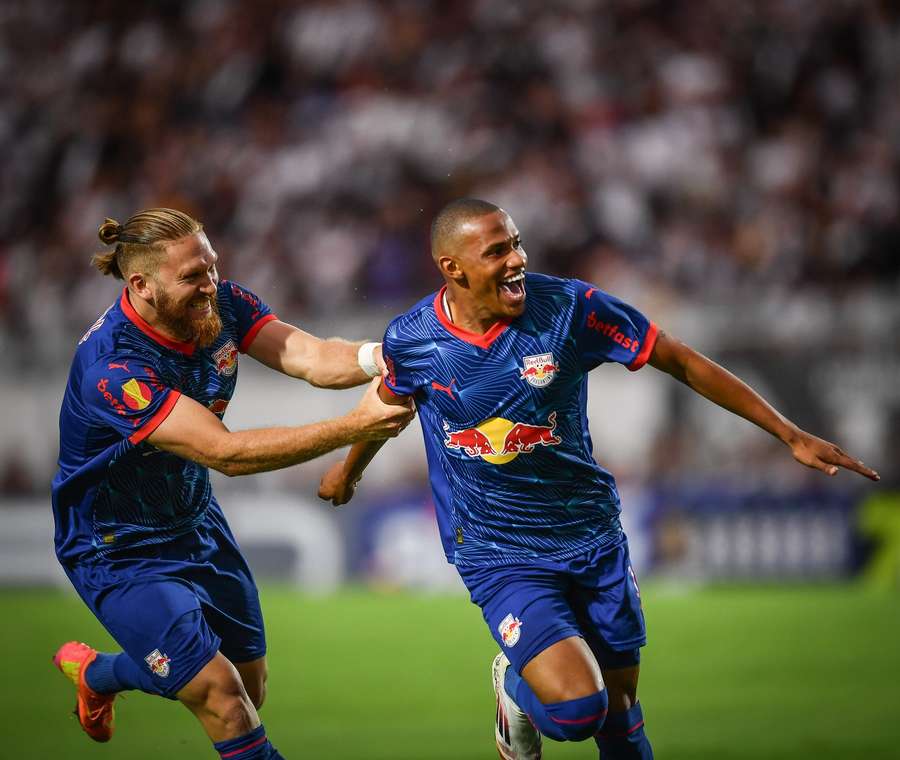
In 2023, Bragantino's revenues totalled R$488 million, a growth of 1,147% in five years. Football costs in 2023 were R$406 million. Total assets are R$709 million, with debts totalling R$408 million.
Somoggi considers the Red Bull project to be established in Brazil and with enormous growth potential, especially if the club manages to combine the success that the drinks brand has among the country's young population.
"In Brazil, I see great potential the more the team is associated with the drinks brand, the more fans get excited about the Red Bull Bragantino brand because of the global Red Bull brand. It's possible, it's not absurd," says the expert.
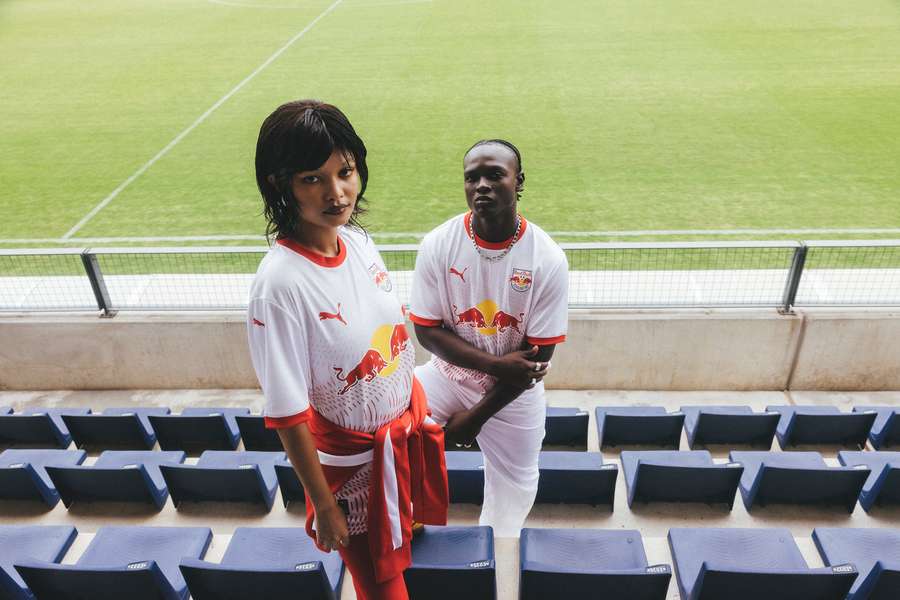
"There are a very large number of people who think football is outdated, especially young people, who focus more on the NBA, the NFL and don't think teams like Corinthians, Sao Paulo or Palmeiras are modern.
"Red Bull could have a very large space in this vacuum, looking as a marketing product at the young population that seeks to express itself through brands.
"From an economic point of view, they are super strong, the training centre is one of the best in Latin America. The big question is the brand. The more the brand is valued, the more the project tends to be successful beyond the financial aspect," concluded the managing partner of Sports Value.
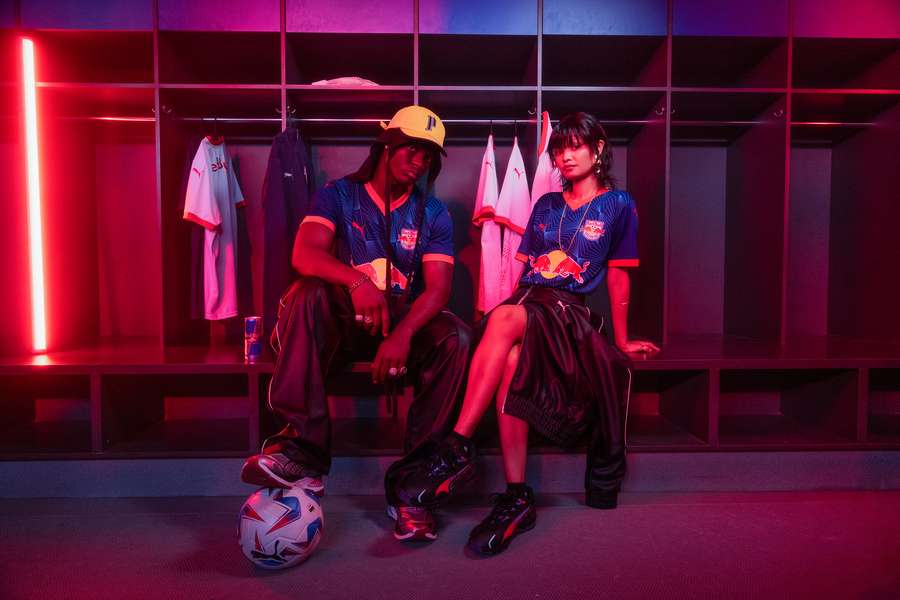
Recently, Jurgen Klopp, Red Bull's club director, was in Brazil to visit Bragantino's facilities and follow the day-to-day running of the club. On his social networks, he valued his experience with the team and promised to return to the country.
"My first time in Brazil. What a great experience, as well as meeting these incredible talents from the Red Bull Bragantino Performance and Development Centre (CPD)," he posted. "Thank you Brazil. See you next time!"
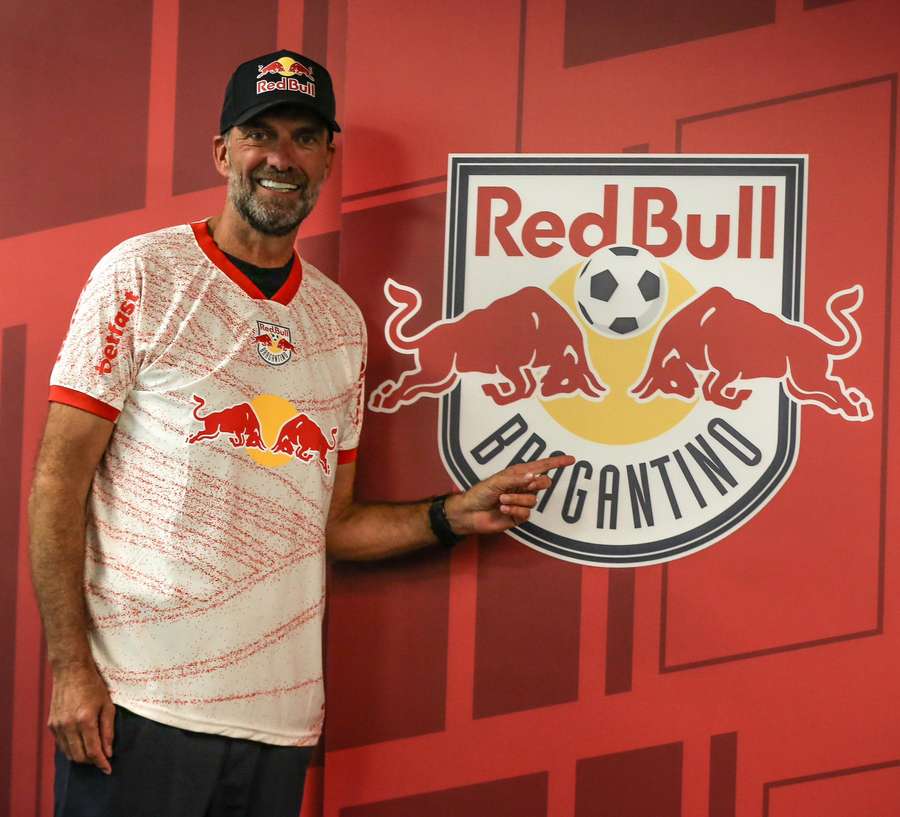
A modern stadium on the horizon
Bragantino are going to transform their current stadium, the iconic Nabi Abi Chedid with a capacity of just over 15,000, into an arena. Renovations are due to begin this year.
Outside its "natural habitat", the club have already reached an agreement with Braganca City Hall and will play their matches at the Cicero de Souza Marques Stadium, which has been undergoing improvements.
The club is to invest around R$22 million in renovations to the home stadium in order to increase its capacity by 10,000. There are also plans for a new drainage system, lighting, changing rooms, cafeterias, accessibility, new stands and a press centre.

